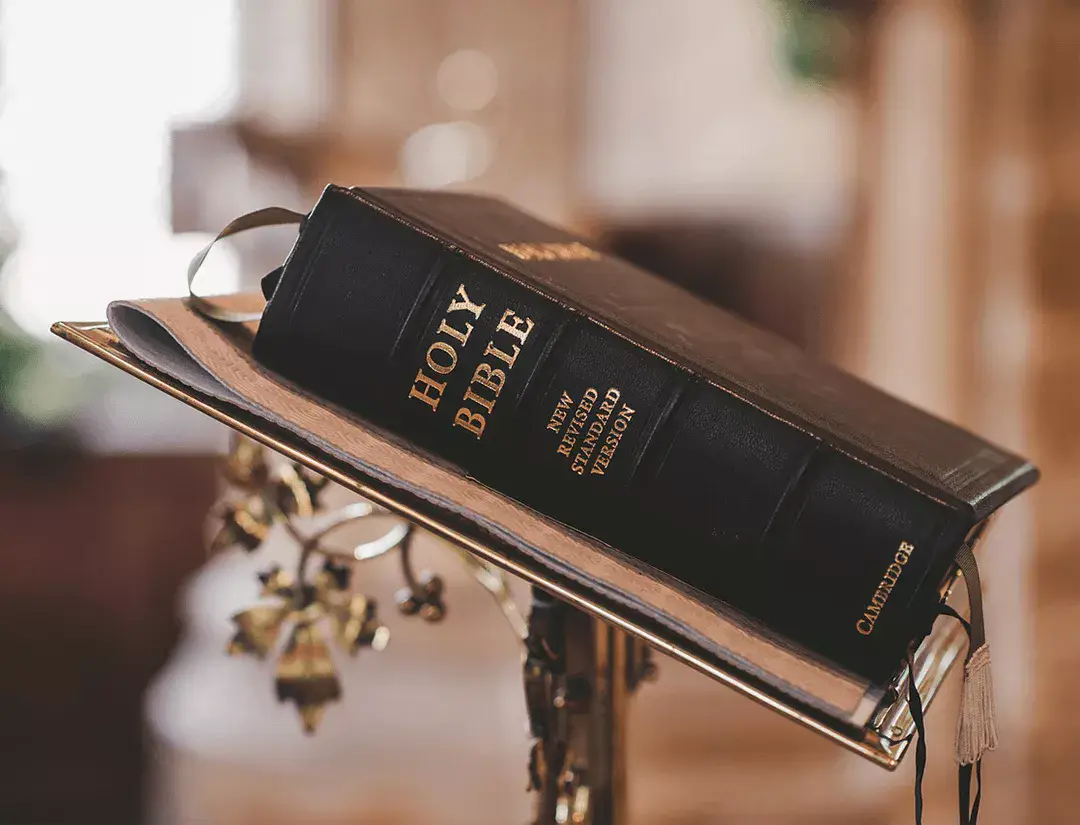Language
 Directory
Directory
Jude
Prophets

1. In the Book of Jude, the author references a number of Old Testament figures and events, including the mention of prophets. The specific reference to prophets in Jude is found in verses 14-15, where Jude quotes from the apocryphal Book of Enoch to make a point about the judgment of God upon ungodly individuals.
2. Jude's reference to prophets in this context is part of his broader argument against false teachers and their ungodly behavior. He uses examples from Jewish history and tradition to illustrate the consequences of rebellion and to emphasize the certainty of God's judgment.
3. The mention of prophets in Jude serves as a reminder of the authority of God's messengers and the consequences of rejecting their message. By quoting from the Book of Enoch, Jude underscores the seriousness of the situation and the certainty of divine judgment.
4. In the broader context of the Bible, prophets play a significant role in conveying God's messages to His people, calling them to obedience, warning them of consequences for disobedience, and pointing to the coming redemption through the Messiah. Throughout the Old Testament, various prophets were chosen by God to speak on His behalf, often in the face of opposition and unbelief.
5. In the New Testament, the role of prophets is also acknowledged, as they are listed among the spiritual gifts given to the early Christian community for the edification and guidance of believers (1 Corinthians 12:28, Ephesians 4:11).
6. The mention of prophets in the Book of Jude serves to reinforce the message of divine judgment and the seriousness of adhering to God's truth. It also highlights the continuity of God's message throughout history and the importance of heeding the warnings and teachings delivered by His chosen messengers.




 Previous
Previous







